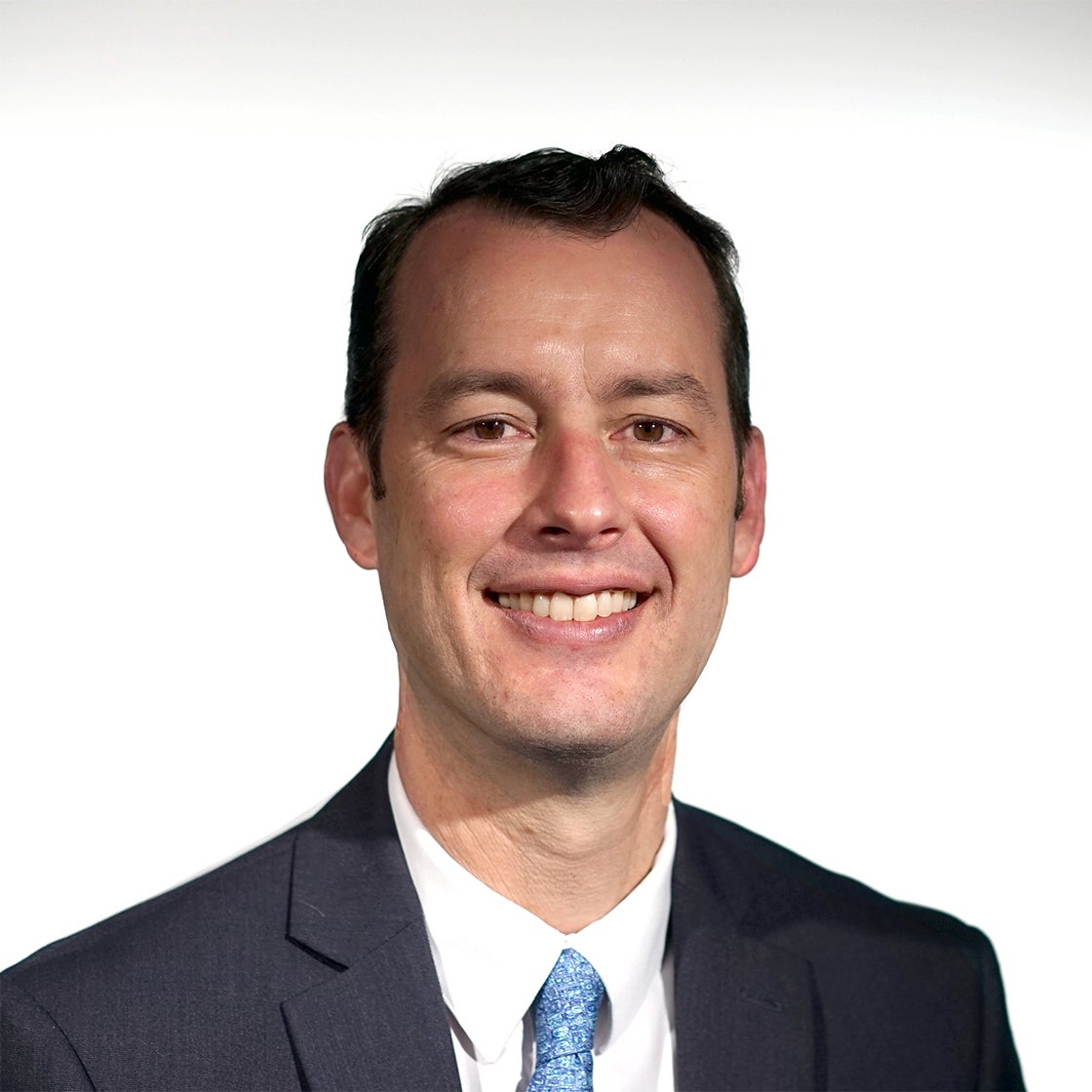The gig economy - economic freedom and personal autonomy like an Uber driver on the streets of New York City. It can sound liberating and exciting, but it may also seem too daunting, like too much distance from the safe confines of an employer that deposits your check every month, come hell or high water. So what else is there? If you have the motivation, smarts, and a background in finance, math, or accounting, consider transitioning to a financial services career. This is the first in a series of financial services careers that may be the right one for you.
The following are the 7 reasons to become a Certified Financial Planner (CFP), one of the most underrated careers for those in search of the ultimate gig.
1. Choose your colleagues
Mom always said, "you can pick your friends but you can't pick your family!" She was right and the same can be said for choosing whom to work with as a CFP. You can practice alone or in a firm, in a large firm, or with just one partner. While you may choose to go with a firm after you complete your certification, you always have the option to go for it alone. You have the power to choose who you work with and on what terms.
2. Choose your workplace culture
CFPs can work from home in their pajamas or in a skyscraper in a dark power suit. You conduct business over the phone, over video chat, or in-person over coffee. There is a wide range of possibilities for the kind of firm you can work for in terms of culture, priorities, and measures of success. Did I mention you can always just work for yourself?
3. Work/life integration
CFPs, even when they work in a firm, are a business unit unto themselves. You decide when to meet with clients and when you're not available. If you need to take the kids to school, to prepare for visitors in your home, or just need a vacation, you have the flexibility to have the work-life balance you always wanted.
4. Responsibility
Once you are certified to practice, your business is your business. Your clients are your clients. There are some firms where decisions are made at the corporate level, but even then, there are still wide areas of discretion for you to take responsibility for your clients. While you may work with partners and consult with them for advice or best practices, at the end of the day, the buck stops with you.
5. The "buck" stops with you
All CFPs have the potential to make a good living, and many earn well above average income, especially if you're in it for the long haul. The average national salary is about $75K, and the longer you stay in practice, the number only goes up.
6. Right brain, left brain
Do you get bored doing the same thing day after day? This never happens in the life of a CFP. While the job is heavily analytical and requires a mastery of quantitative skills, the best CFPs are just as good with people as they are with a spreadsheet. In fact, to be great, you need to enjoy people and have the ability to explain some of the more complicated concepts related to investments, insurance, tax, and more. Both sides of your brain will get a great workout.
7. Help a brother (or sister) out
If you like helping people, this career is for you. There are few areas in life that cause more stress in an individual's life than his or her finances. Many find investments, taxes, and insurance to be maddeningly complex and opaque, a "black box" that they simply cannot understand. CFPs provide counsel and support in the delicate and important decisions related to personal finance, and in doing so, bring great relief and value to their clients. If you have a desire to help people where they need it the most, this career may be for you!
We could go on, but these are the highlights of why you may want to choose a career as a CFP. If you choose to change careers that of a CFP, you might just find the "gig" you had always wanted.
Author Information

Professional & Corporate Programs
Assistant Dean
READ BIO

